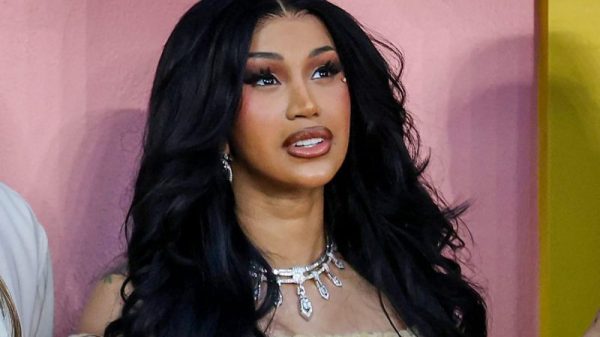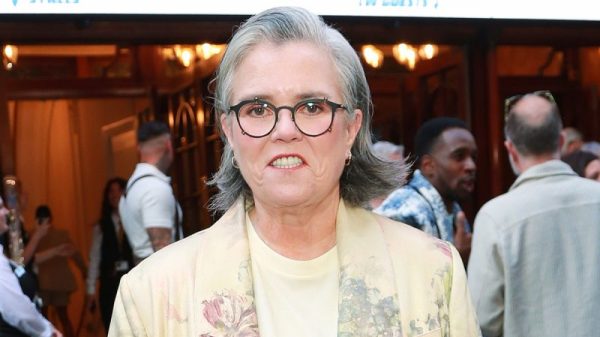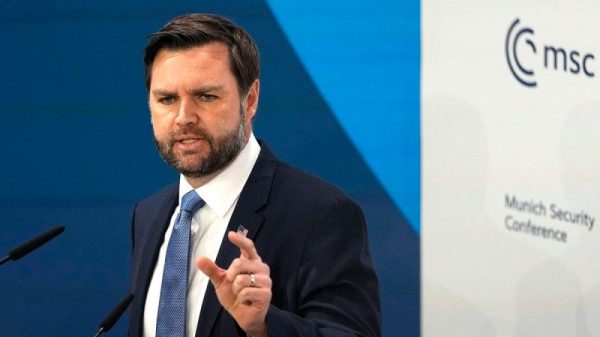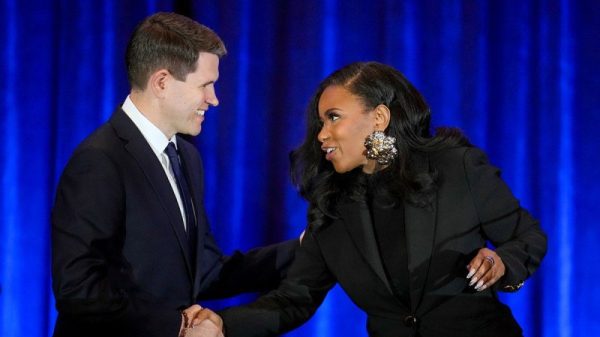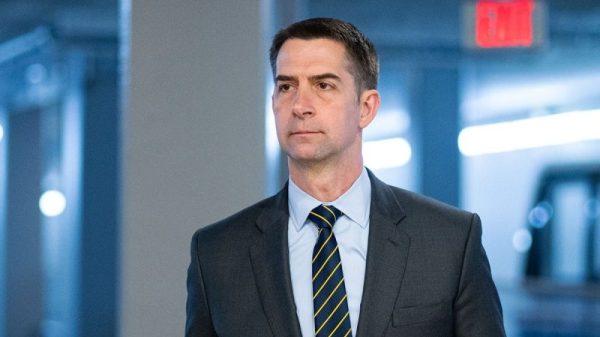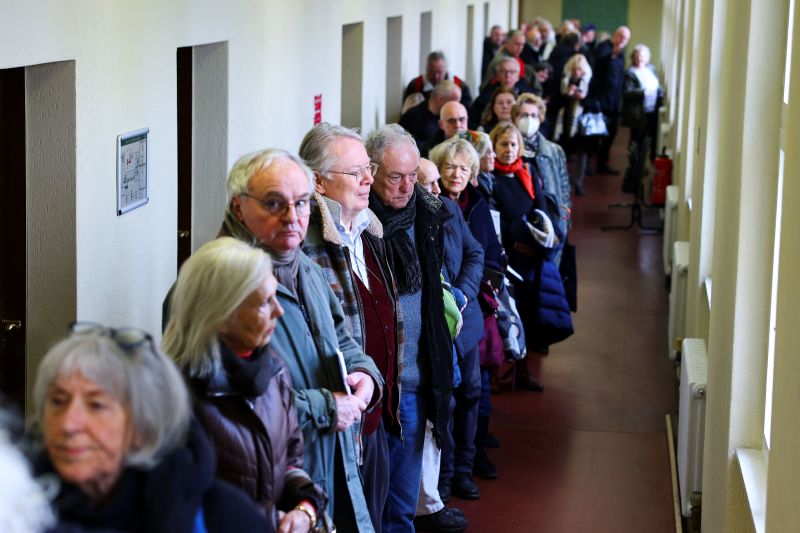Germans are going to the polls on Sunday in national elections. Opinion polls suggest the outcome will likely be a new chancellor and a new governing coalition.
Usually a little dry and often predictable, this election campaign by comparison has been eventful.
Last November, Chancellor Olaf Scholz of the Social Democratic Party (SPD) unceremoniously fired his finance minister. Scholz then lost a vote of confidence, triggering early parliamentary elections.
Shortly afterwards, Elon Musk, the world’s richest man and a confidant of the Trump administration, waded into the campaign, voicing his support for the far-right Alternative for Germany (AfD).
Musk’s intervention sparked a national debate about how Germany remembers its own 20th-century history. The chancellor called Musk’s support for far-right politicians in Europe “disgusting.”
The AfD for its part is likely to break new ground in German politics, with opinion polls suggesting it may become the second-largest political group in the country – a first for a far-right party since the Nazi era.
Two key themes have dominated campaigning: curbing mass migration and righting the country’s flailing economy.
Who are the main candidates for chancellor?
FRIEDRICH MERZ
Friedrich Merz of the Christian Democratic Union (CDU), the party of former Chancellor Angela Merkel, has been the longtime frontrunner in this contest. Regularly polling at more than 30%, the Union party – composed of the CDU and its Bavarian sister party, the CSU – seems destined to be Germany’s largest party and return itself to the helm of German politics.
The CDU has adopted a much more aggressive policy towards immigration than seen in the Merkel era of open borders.
In the final weeks of campaigning, Merz catapulted immigration to the fore – so much so, that he has been accused of leaving the door open to working with the far-right.
In late January, he caused nationwide consternation when he sought to push legislation imposing stricter controls on immigration through the Bundestag, or German parliament.
His willingness to use the support of the AfD to do so broke a long-held taboo in German politics – although he ultimately failed to pass a binding bill – and prompted massive protests in German cities.
Merz is not a newcomer to German politics, but this is his second iteration as a politician.
Between 1989 and 1994, Merz was a member of the European parliament (MEP) for Germany. He subsequently became a member of the Bundestag, representing the CDU there until 2009. He then left politics to work as a corporate lawyer, where he sat on many supervisory boards, including at investment giant BlackRock.
He now represents his hometown of Brilon and is widely reputed to be a millionaire with a private pilot’s license.
He made two failed attempts to become CDU head, in 2018 and 2021. He officially took over as head of the party in 2022.
ALICE WEIDEL
The AfD’s candidate for chancellor, its co-leader Alice Weidel, is staunchly anti-immigration.
The AfD had a successful 2024, performing strongly in regional elections. It became the largest party in Thuringia, a first since the Nazi era, and came a close second in another regional vote.
Opinion polls suggest that popularity has translated to the national level too. The party has been polling in second place, with around 20%, since the snap election was called and the figures have hardly budged.
OLAF SCHOLZ
The incumbent chancellor’s party, the SPD, could become the election’s biggest losers.
Having become the largest party in the 2021 election, opinion polls indicate they look set for a downward swing in votes by around 10 points. That would put them not only behind the AfD, but fighting it out with the Greens for third.
Scholz rode to power on a wave of post-Merkel optimism, but his “traffic light” coalition has been beset by infighting from the start. Many of those disagreements spilled out into public and the country grew weary of constant bickering.
All of that lead to some pretty dim views of Scholz and his SPD. One poll last September ranked Scholz as the least popular German chancellor since reunification.
Scholz’s popularity was so low that just before the election season kicked into full swing, there were rumors that his party wanted Boris Pistorius, the current defense minister, to replace him as the party’s Kanzlerkandidat.
ROBERT HABECK
The Green Party, polling nationally at around 13%, should also be considered one to watch.
It is unlikely to gather enough votes to be the biggest party, but it could play an important role in the formation of the next government. The Greens’ candidate for chancellor is Robert Habeck, currently the nation’s economics minister.
What are the main issues?
Immigration has been the major focus of this election, with concerns fueled in part by a series of high-profile attacks allegedly carried out by asylum seekers or migrants.
Scholz reintroduced checks on borders with neighboring European nations in recent months, a move many saw as him trying to curry favor with voters who may be turning towards the populist AfD.
Running a close second is the economy.
Usually a powerhouse, Germany’s economy has been stagnating, and the general view is that major reform is needed.
In January, the Federal Statistics Office of Germany said that the country’s GDP had shrunk for the second year running, by 0.2%, following a contraction in 2023 of 0.3%.
Many of the economic headwinds have been caused by issues outside of Scholz’s control but, nevertheless, voters believe that his government has done little to try to rectify the situation.
One major contributor to the hardships stems from Russia’s war in Ukraine. Shortly after the invasion of Ukraine, Germany ended its usual heavy reliance on Russian gas.
That, coupled with the rising competition from China in the automotive sector – a huge cog in the economic machine of Germany – and a looming trade crisis with a belligerent Trump administration are all worrying prospects.
Connected to the debate on the economy will be a focus on reviving the country’s important automotive industry. The Central Bank has said that problems within the industry are “structural,” and are thus exacerbating the drag on the economy.
Major companies including Volkswagen, one of world’s largest car manufacturers, are facing the prospect of mass layoffs and plant closures.
What are the possible outcomes?
Germany’s governments are almost always formed in coalitions as no one party manages to gather the 50%-plus votes needed to govern alone.
This time around will be no different, and there are multiple different options for potential coalitions. The winner of the election will look for a partner to form a majority, but it can take weeks or even months for a government to be formed.
Whatever the outcome of the vote, however, one thing is almost certain: The AfD will be blocked from being a partner in any coalition.
In a quirk of German politics, the governing coalitions are often given names. The previous coalition government, headed by the SPD (red), included the Green Party (green) and Liberal Party (yellow) – together they were known as the “traffic light” coalition.
Perhaps just one thing is clear – the next German government is not going to emerge fully formed after the polls close on Sunday night.






